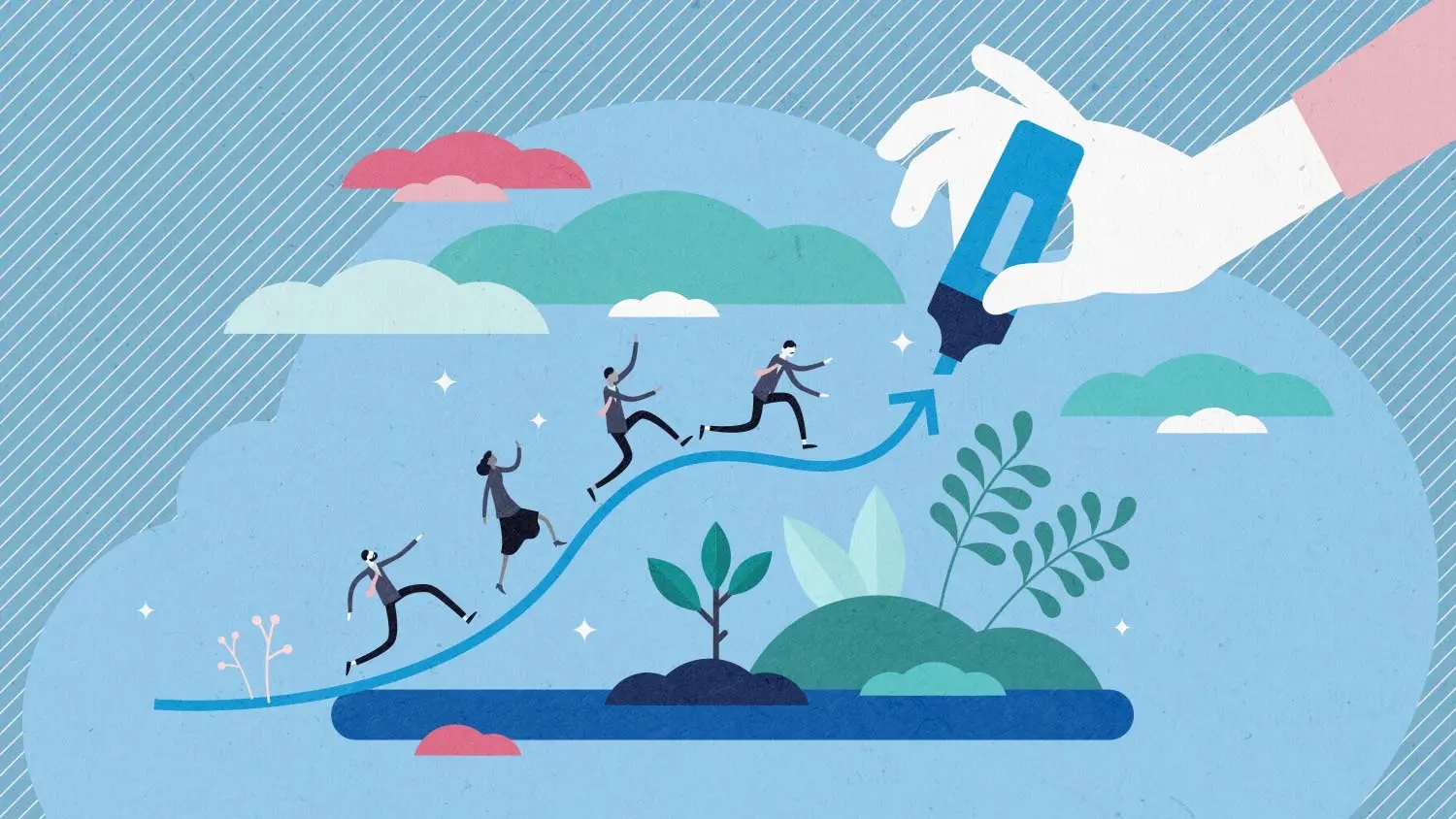
Get your FREE 30-day trial.
Start by selecting a product:
I presented at Salesforce World Tour Melbourne last year, discussing how to boost high-profit sales and productivity. One of the topics I covered is risk and failure.
TAKE RISKS
Salespeople have the freedom to fail, and if so, how should it be handled? On the surface, most sales managers would say they do allow their salespeople to fail, but is that true? Do they really give them the room to fail?
Early in my sales career, I learned there were things I could tell my sales manager and other things left better unsaid. I discovered there was no way my manager would ever know exactly what went on between my customers and me. If a sale didn’t close, I easily could say it was because of “x” and never have to admit it was due to my own stupidity.
If I told my boss the real reason, I ran the risk of dealing with any number of consequences. I went out of my way to create an environment where my manager always could see and assume I was doing the right thing. My goal was to minimize my own personal risk, but in so doing, I was putting at risk the success of the company. My failures could have been opportunities for growth, but I saw them only as a path to more failure. Ironic, right?
If you think what I just described doesn’t exist in your sales team, think again! I see this in company after company! Most people wake up in the morning desiring to succeed, but if something happens that they believe will put their job at risk, they aren’t going to be forthcoming in sharing the details of that experience. We are wired for self-protection.
This is why sales managers need to invite their people to fail. It’s not the failing that should concern us. What we should focus upon is the opportunity to learn from the failure. As a sales manager, you can’t coach until you know what to coach. As a salesperson, you can’t get help unless you’re wiling to be open to the areas that need coaching.
My premise is “fail quick and learn even faster.” I want my people to fail, and I want to fail. As painful as failure is, I know it’s one of the best ways to uncover areas where we need to improve. I learn far more from failing than I do from doing something right. Our attitude should be to allow our people to fail, because the failure itself is simply one point in time, but what is learned from the failure can last a lifetime.
Trying to convince a sales team or any team they have permission to fail is difficult, but it starts with you sharing where you’ve failed and then sharing what you learned from it. Also, you need to make sure there are no repercussions against someone who has failed (unless, of course, the failure involved something illegal or was against company rules).
Use failure for the learning opportunity it is! Once a sales team feels they can report failure inside the company, they will be far more willing to truly collaborate inside and outside the company to grow sales. Failure is a path to growth – individually and corporately!
The most valuable asset we have is our people, and when we don’t allow them to achieve their fullest potential, we’re saying we don’t want to optimize our most valuable asset. Being willing to take risks is critical if we ever expect to achieve a high level of success. With the willingness to take risk comes the increased probability of failure. Let’s just make sure we see failure as something that moves us one step closer to the next successful outcome.
To find out the sales failures that you should try to avoid, download our free ebook Sales Fails: 11 Mistakes to Avoid if You Want to Close a Deal.